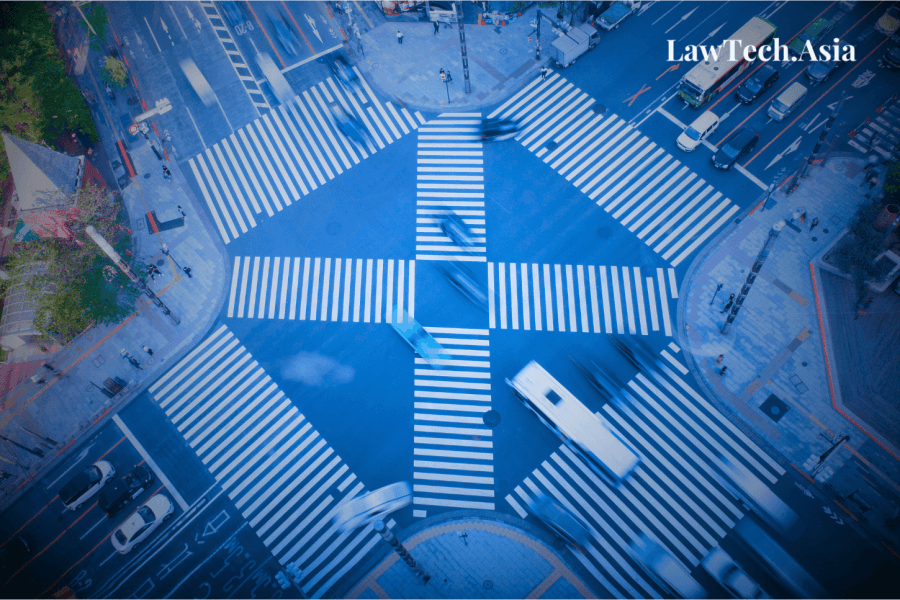Written by Delvine Tan Hui Tien | Edited by Josh Lee Kok Thong
LawTech.Asia is proud to collaborate with the Singapore Management University Yong Pung How School of Law’s LAW4060 AI Law, Policy and Ethics class. This collaborative special series is a collection featuring selected essays from students of the class. For the class’ final assessment, students were asked to choose from a range of practice-focused topics, such as writing a law reform paper on an AI-related topic, analysing jurisdictional approaches to AI regulation, or discussing whether such a thing as “AI law” existed. The collaboration is aimed at encouraging law students to analyse issues using the analytical frames taught in class, and apply them in practical scenarios combining law and policy.
This piece, written by Delvine Tan Hui Tien, explores and analyses Japan’s approach to AI regulation. It examines the principles, reasons and examples behind Japan’s approach to traditional AI and generative AI.





